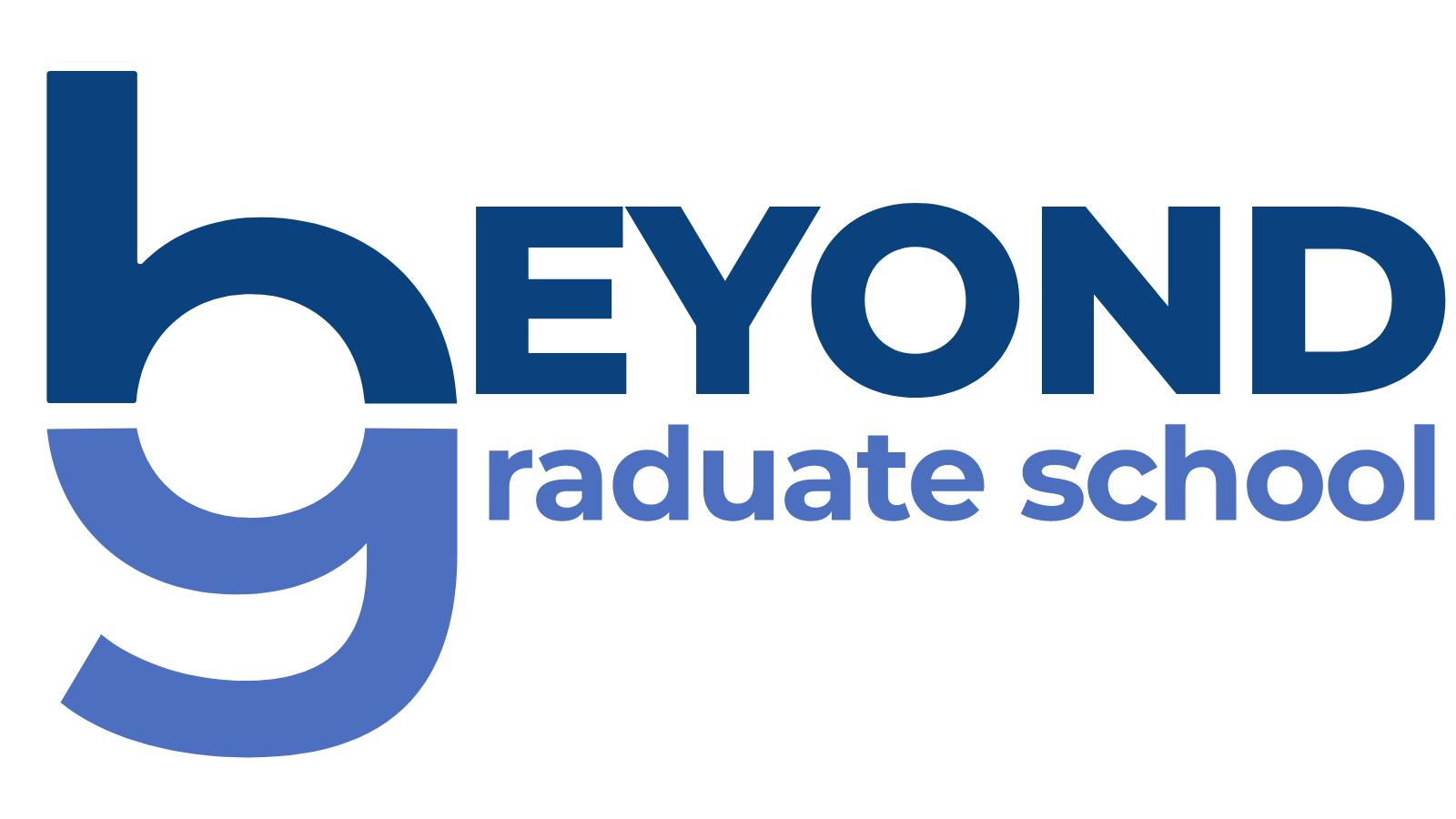HOW TO WRITE A RESUME
WHEN YOU HAVE NO EXPERIENCE
How do you write a resume when you have no work experience? Or no relevant work experience? It’s got to be possible, right? Everybody has to have a first job!
Many master’s students find themselves in just this position. Perhaps you moved straight through from college to your master’s degree and are now looking for your first real job. Maybe your master’s program represents a career shift for you, and your previous experience just doesn’t feel relevant.
Either way you DO have the experience necessary to apply for that first post-master’s job! You just need to present the experience you do have in a resume-friendly way to get your career off the ground. Here’s where to start:
Think about Your “Experience” Broadly
The key to writing a resume when you don’t have relevant work experience is to show that you have relevant experience. You want to demonstrate that you have interest in this position and that your non-work activities show that you have the skills, experiences, and aptitudes to succeed in this position. If you’re making a career change, you’ll also want to try to show that you have transferable skills that apply to this new career.
Start by reading the description, requirements, and responsibilities in the job ad. Then sit down and brainstorm where you may have acquired these experiences and skills. You don’t have to have all the skills or experiences in the ad—that never happens. A good starting place is to see if you have at least half of them, or better yet, two-thirds. The point of this exercise is to begin to make a compelling case for how your various opportunities have given you the skills and experiences necessary to succeed in this position. (If you’re not able to make a strong case, perhaps this isn’t the right position to apply for. Move on to something that is a better fit.)
Tailor Your Resume to the Job Ad
Once you’ve brainstormed a list of your relevant experiences, it’s time to start writing your resume. Be sure to tailor your it to the specific job ad or job type. Though always important, tailoring is especially crucial when you’re applying with little relevant work experience.
Be sure to use the keywords from the job post to describe your own experiences where possible. Many employers use software called Applicant Tracking Software to screen applicants, so you’ll want to make sure that your resume speaks to the required skills and qualifications.
Don’t neglect a skills section that connects to the types of aptitudes the job post requires.
Emphasize Your Education
Make the most of the education section, and since you have just finished (or will soon finish) your degree, put it first. Relevant coursework can serve the same function as your skills section by including keywords and emphasizing the training that you have, but don’t include so many courses (or irrelevant ones) that it is hard to scan the list.
Additionally, many degrees involve course projects that “simulate” or allow students to practice skills that are relevant to employers. If you have done such projects, feel free to include them in a section called Academic Projects, and format them similarly to the way the rest of the document is designed.
For many grad students looking for their first job, your academic experience is going to be where you’ve developed your skills, and the place from which you can demonstrate your qualifications. So make the most of it.
Include an Internships Section (and prioritize getting an internship!)
Internships that you’ve been involved in during your program definitely count as experience and should be included in your resume. For many, this section will be the most valuable in conveying essential experience to an employer. Write up your internship experience just as you would for any other work experience, but create a separate header for it that emphasizes it. This is an important type of experience that potential employers will value.
You may feel like you have limited work experience and feel nervous about putting together your resume as you’re completing your Master’s program, but a few small changes to the standard resume format will allow your accomplishments to shine and help you present yourself favorably to future employers.
